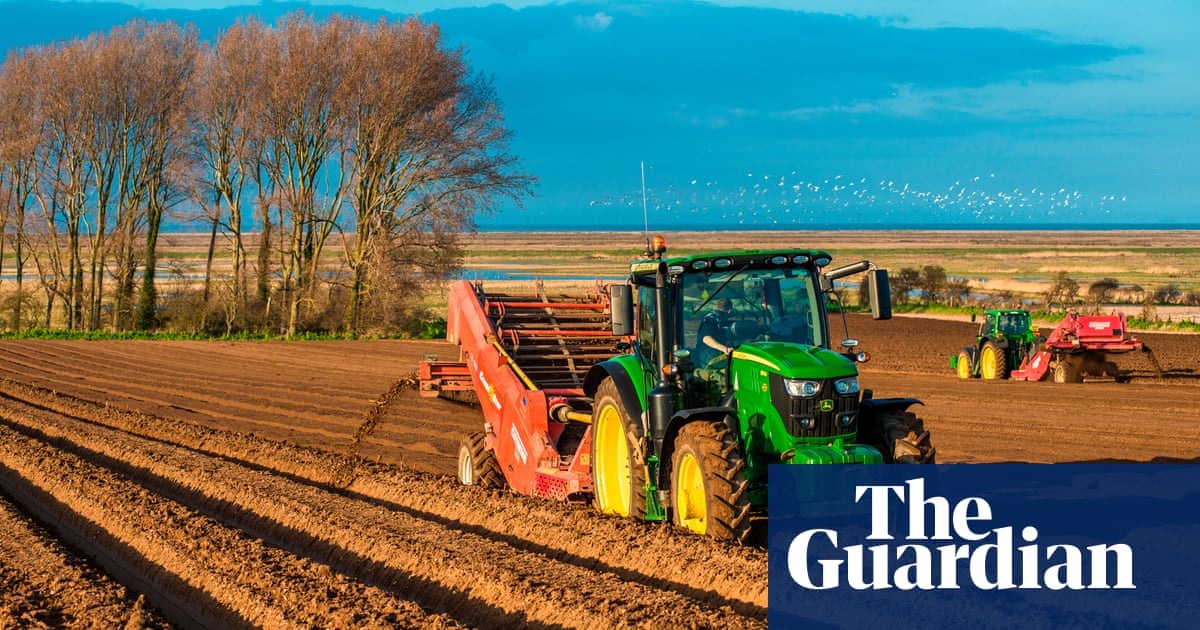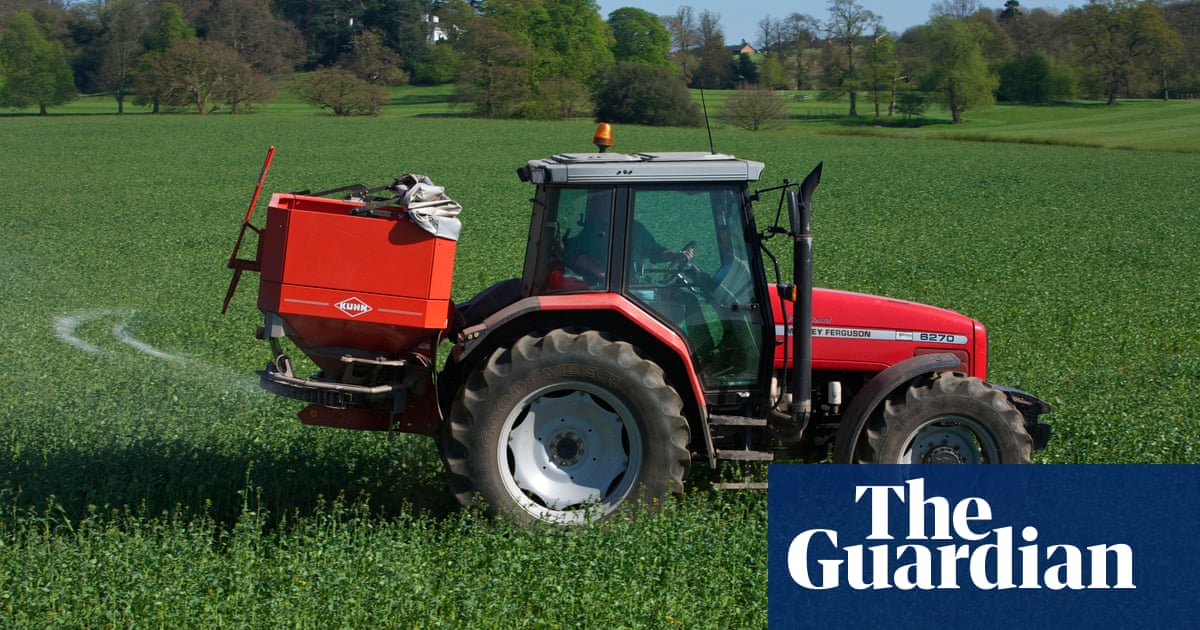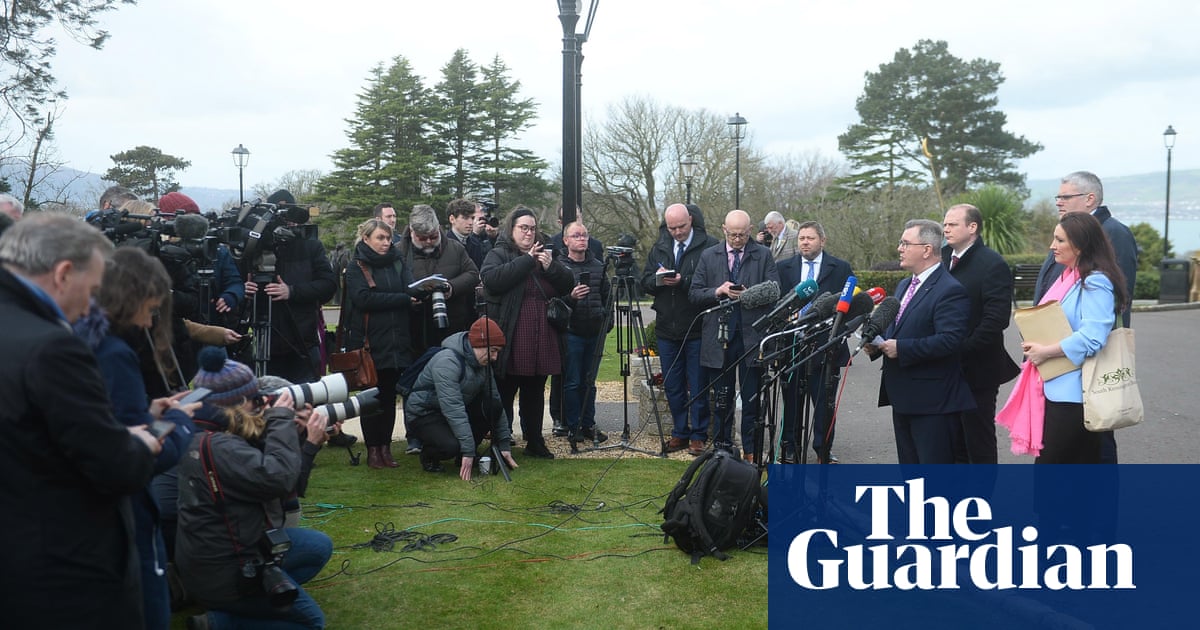
Farmers in the UK’s devolved administrations are facing substantial cuts to their income as a result of Brexit, which could imperil their ability to protect the countryside, ministers were warned on Thursday.
Fergus Ewing, Scotland’s cabinet secretary for the rural economy, told the Oxford Farming Conference that Scottish farmers would lose out to the tune of £170m between now and 2025, compared with the subsidies they could have expected under the EU’s common agricultural policy, which provided roughly £3bn a year across the UK.
“Major cuts have been imposed on all the devolved administrations without consultation,” he said. “This is not what farmers and crofters in Scotland were promised if they were to vote for Brexit.”
He also raised concerns about the UK government’s switch post-Brexit to a system of “public money for public goods”, whereby farmers will be paid in future for protecting the countryside, planting trees, nurturing wildlife habitats and taking measures to prevent flooding.
“I think the Treasury is intent on removing payments for farmers under the guise of having environmental payments,” he said. “Unless this is looked at again, we will see the demise of payments over time. I do not think this is a cynical view, it is already happening.”
He warned that farmers must continue to be paid for producing food, as well as protecting the countryside. “We do not believe that food production can simply be left to the market. We are very concerned that cheap imported food may threaten British farming and argued for legal protections against that – protections which were refused by the UK government.”
Lesley Griffiths, Wales’ environment minister, said: “The recent spending review was very disappointing for Wales. Westminster is providing £242m in replacement funding for [EU subsidies]. This falls well short of the Welsh government’s expectations. We were told again and again that Wales would not be any worse off due to leaving the EU. We consider this settlement to be much worse.”
Farming is a devolved issue, so the administrations are in charge of large areas of farming policy, but the subsidies under the EU’s common agricultural policy were handled by central government, which is also responsible for replacing that support after Brexit.
George Eustice, the secretary of state for environment, food and rural affairs, insisted that farmers would benefit from Brexit, including through plans to allow the gene editing of crops and livestock. “If we are to deliver the ambitions we have for the environment and make space for nature, then we must rebalance the incentives in our future agriculture policy to encourage sustainability,” he said.
Farmers in devolved administrations also have serious concerns about efforts to rewild the countryside, the conference heard. Edwin Poots, Northern Ireland executive minister for agriculture, said: “Rewilding has been a complete and total failure … [compared with] utilising the asset we have for food production in ways that benefit the environment in some way.”
Ewing said Scotland needed a different solution – more people. “We have no plans whatsoever to introduce new species such as the wolverine. I want to see repeopling of rural Scotland – we want to bring people back into the equation. Most of Scotland is rural and sparsely populated,” he said.
There was a mixed reception for Eustice’s plans for gene editing. While many farmers welcome the steps, there were concerns over how it could affect trade with the EU. Ewing pointed out that the EU was itself re-evaluating the potential of gene editing, and could change its stance within the next few months to allow such techniques.
Eustice responded: “We do not have to be hanging on the coat tails of Brussels, and see what they do first. Once we remove EU politics, we can run the system better.”












